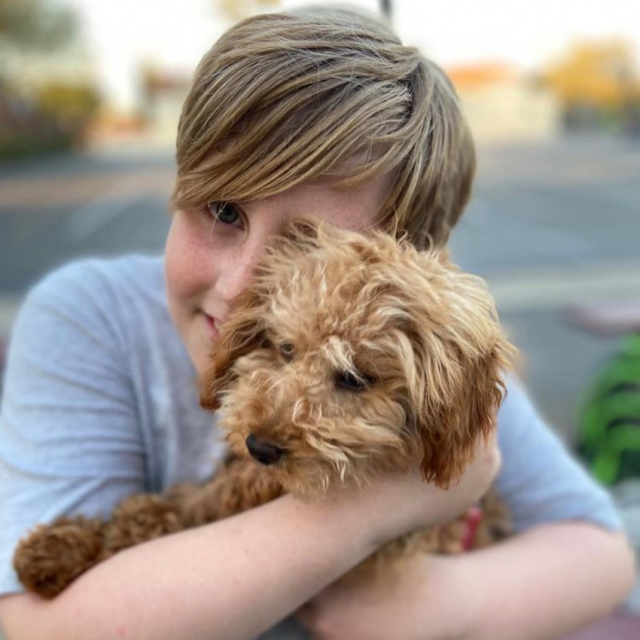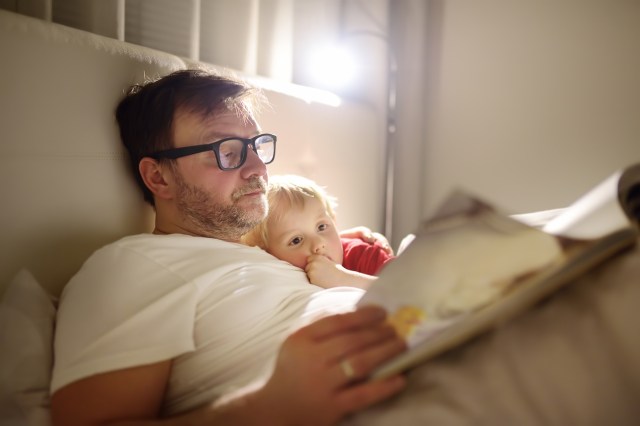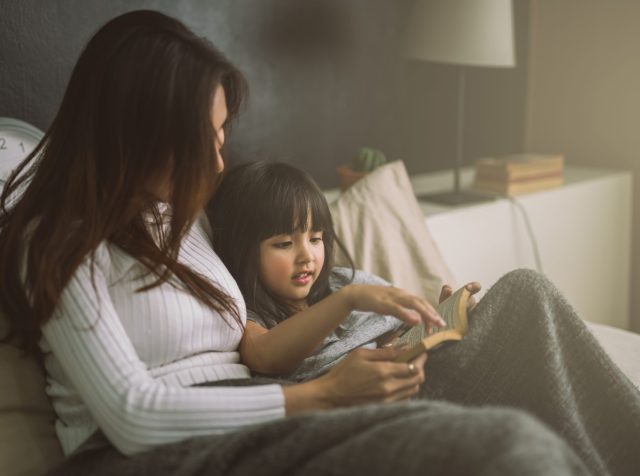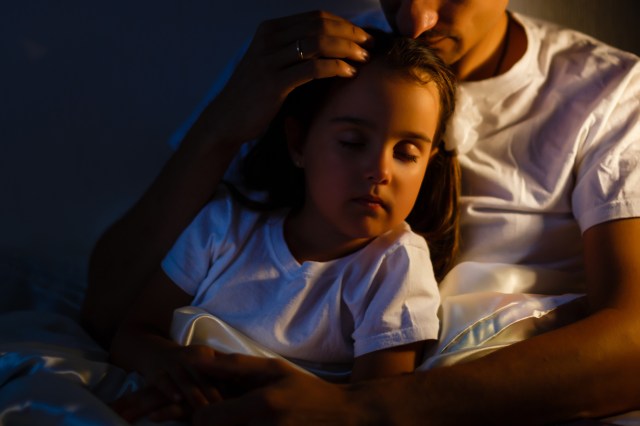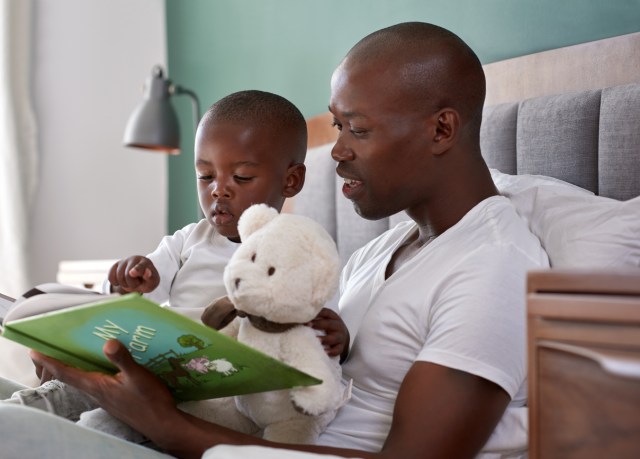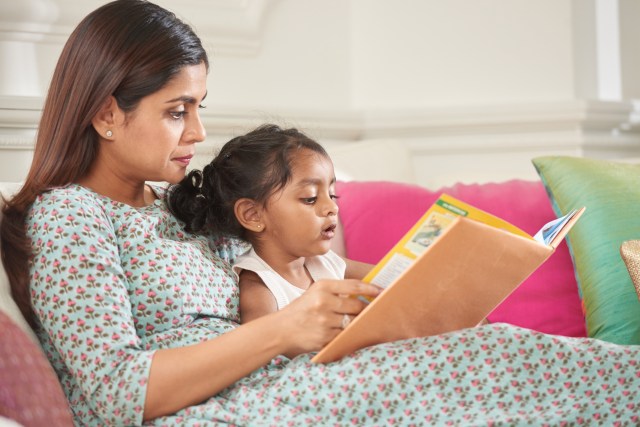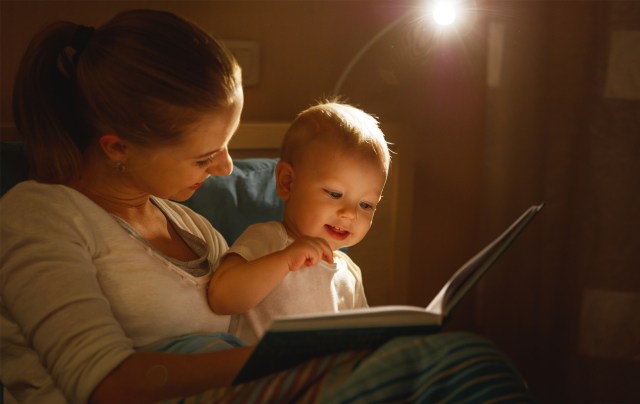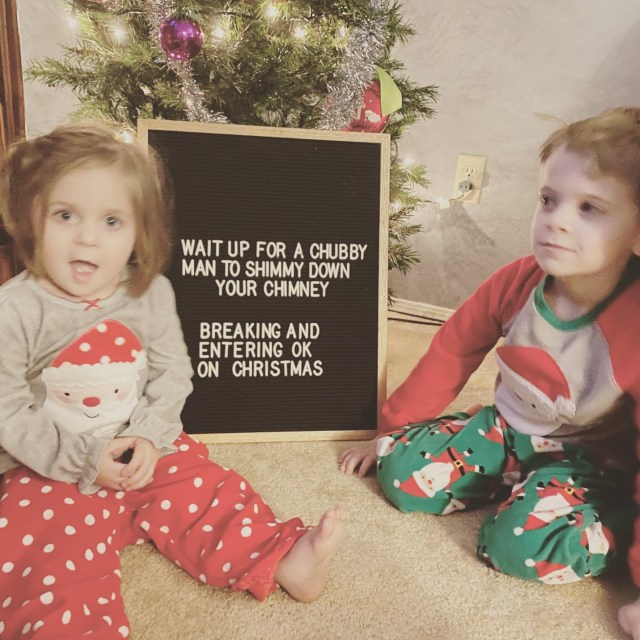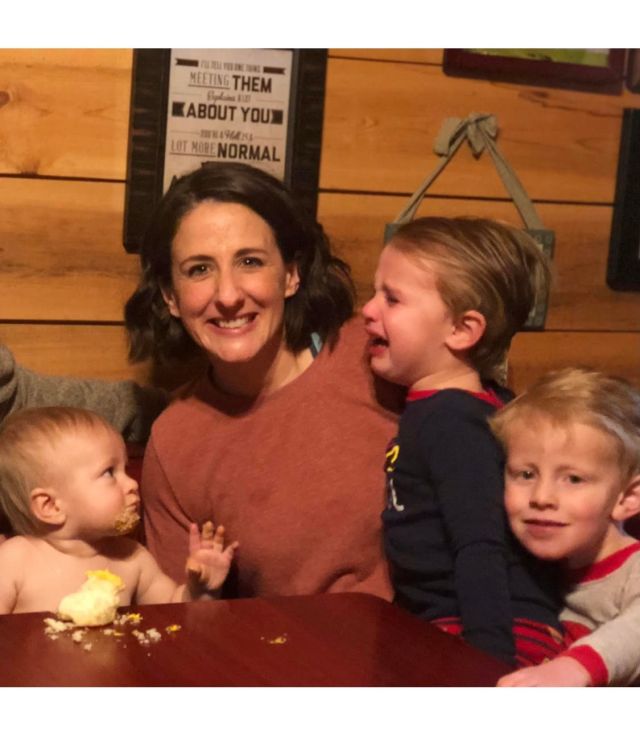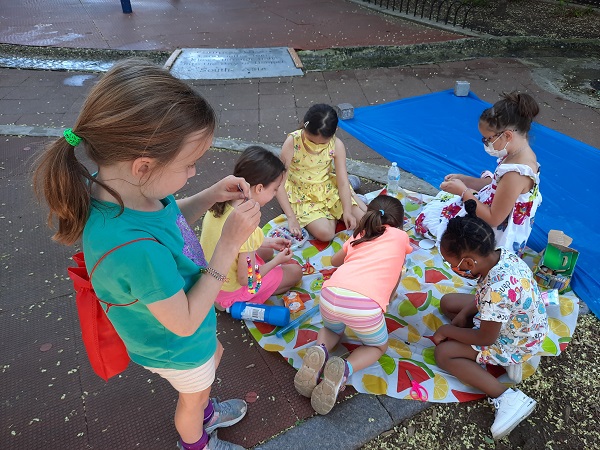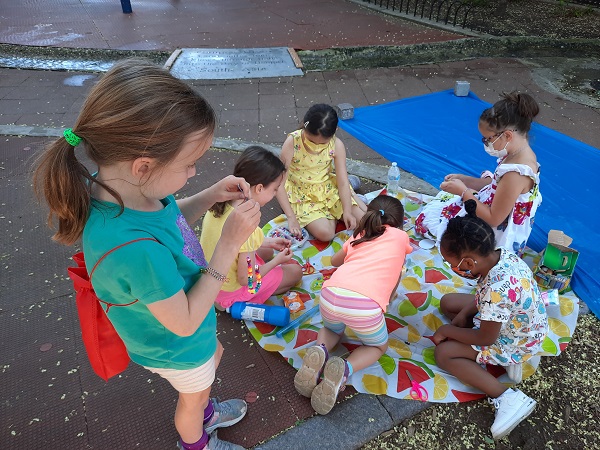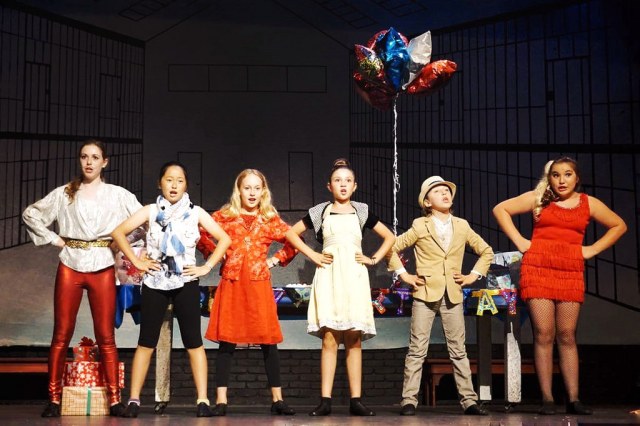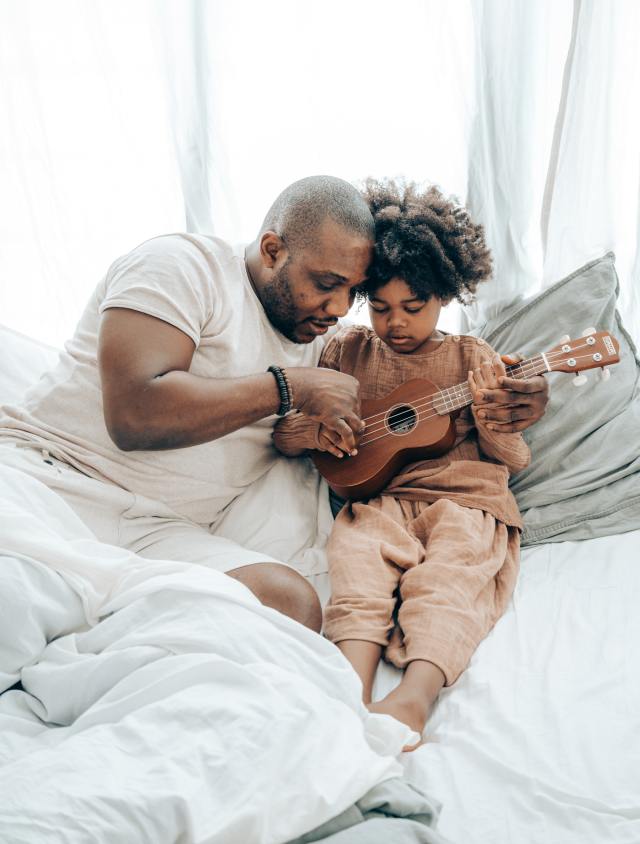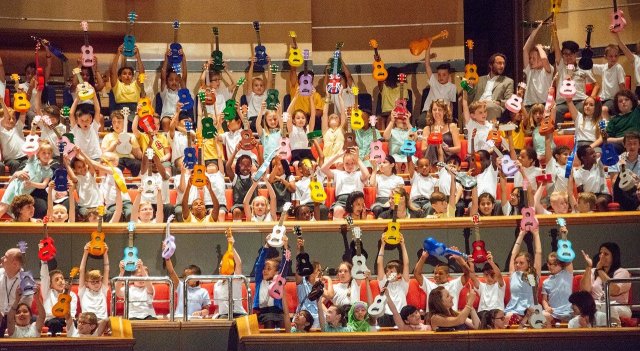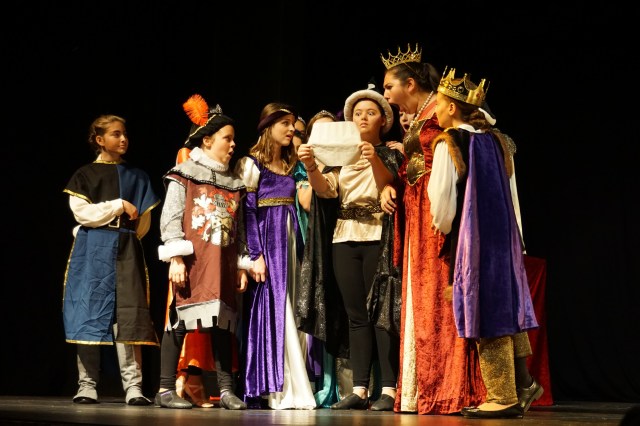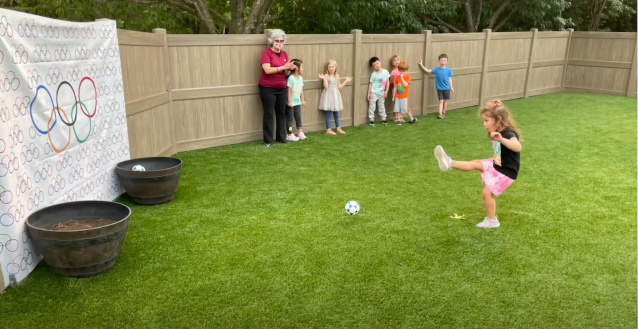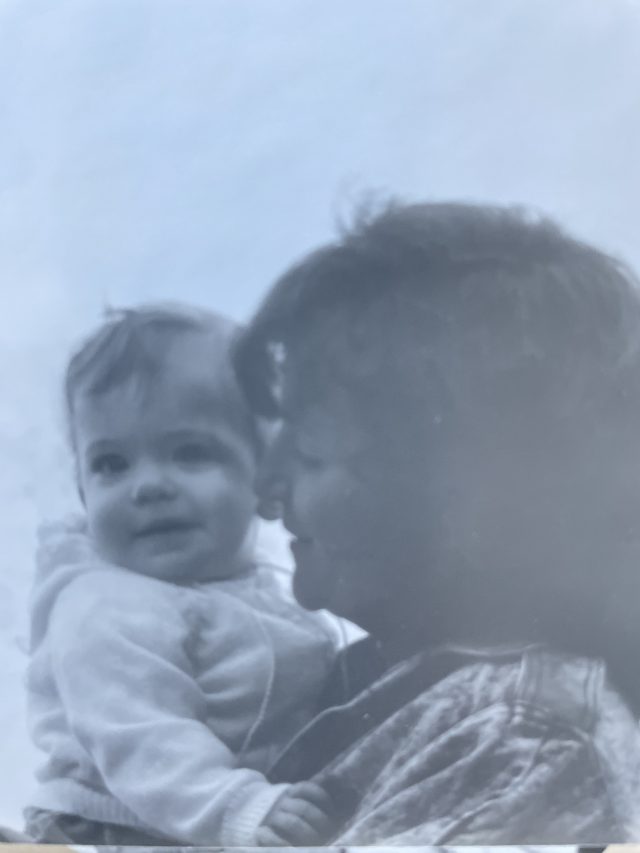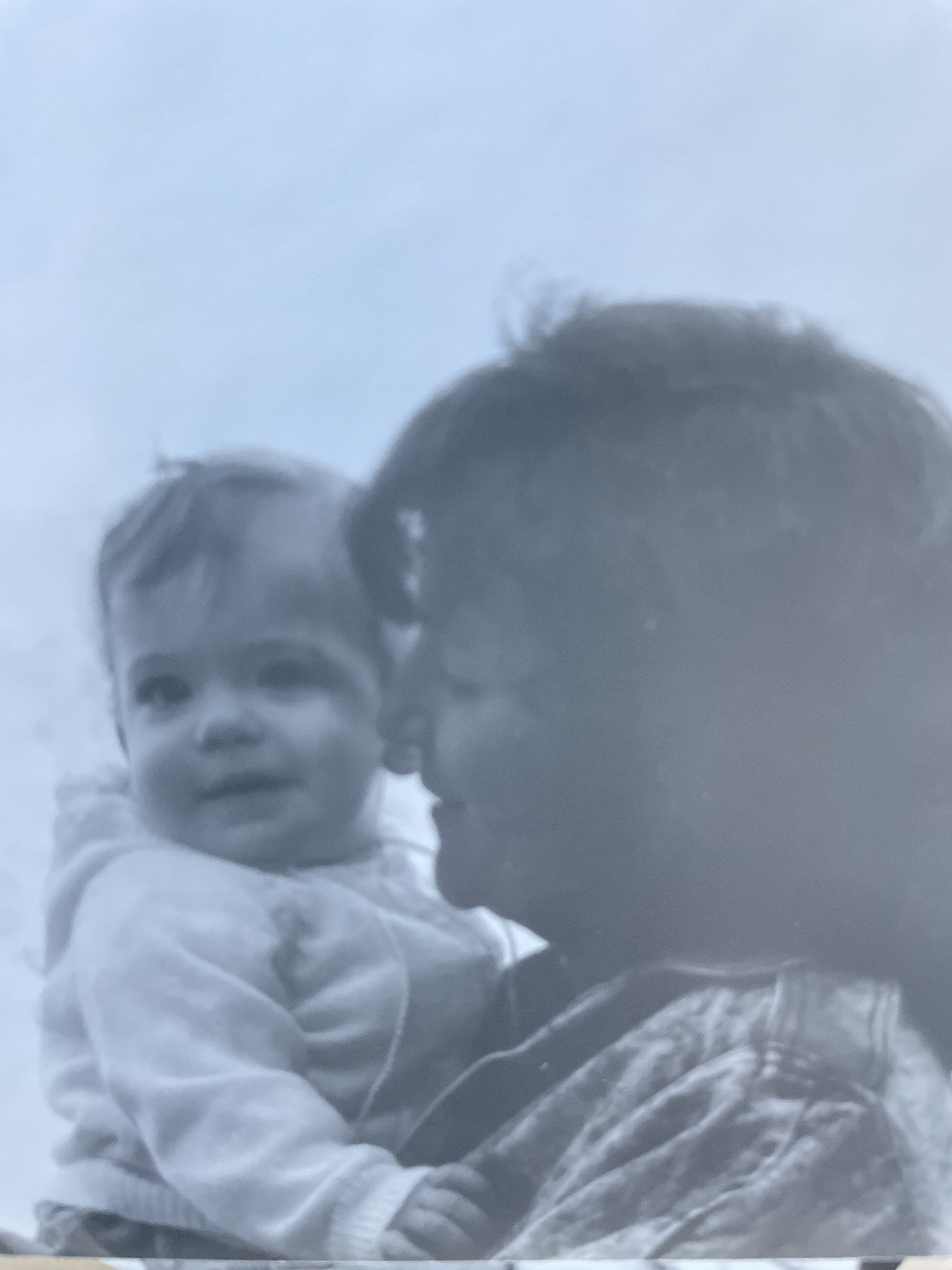Like so many children, my son’s interest in dogs started when he was young. The excitement he felt when he saw a dog resulted in squeals of delight and eventually evolved into begging, pleading and being the number one present on his wish list. As animal lovers ourselves, my husband, Eric, and I started seriously weighing the pros and cons of getting a dog. Eric was all for it, but juggling a career, family and everyday responsibilities already had my head spinning. Adding a dog into the mix seemed like it would push our family into further chaos.
On September 7, my husband died unexpectedly. Nothing could have prepared me for the heartbreak, fear and grief that followed. My loss wasn’t the worst of it. The most gut-wrenching pain comes from seeing my son experiencing the same feelings. In a day, our world was turned upside down, and there was nothing I could do about it.
Suddenly, our once vibrant home was too quiet. The void left by my husband’s absence was immeasurable and undeniable. My son buried himself in his iPad and me in my phone. He played Roblox, while I mindlessly scrolled through Instagram.
One day, four months later, my son said, “You know, dad promised me a dog when I turned 9.” Gulp. This was a pivotal moment. What do I do with that information? I was just learning how to navigate life as a newly single parent. That alone was overwhelming. And to adopt a dog in the mix? I was at a fork in the road, and I didn’t know what to do. My son had been so closed off since he lost his father. I closed my eyes, took a breath and told my son we were adopting a dog.
He beamed with excitement as we drove to pick up our new pet while I tried to manage the self-doubt and panic running through my head. It all happened so fast. We pulled up to the house, I signed the paperwork, put the dog in the carrier and was back on the 405-freeway heading home. In less than 30 minutes, Stormy joined our family.
I was so focused on the added responsibility of owning a dog that I never considered the precious moments Stormy would bring. I didn’t realize how much she would help us emotionally. My son and I traded screen time for playing on the floor. We attended training classes together. We were so proud when Stormy learned her name. We laughed to tears when she stole chicken off the kitchen table. We feel so much love for her when she shows us she misses us by pulling our clothes downstairs to a certain spot.
I’ve watched my son become more confident because of Stormy. He’s more comfortable talking to people who want to pet her and has learned it’s important to think about someone other than yourself. For me, her snuggles calm me, and her daily walks get me outside, no matter how low I’m feeling. What can I say? I’m happy I threw caution to the wind and listened to my son. We needed Stormy. I’m a convert: and 100% certain that dogs are worth it.
Stormy celebrated her 2nd birthday this month.
Do you have a story you’d like to share with our readers? We’d love to hear it! Sign up to contribute your story on our Voices Network.
